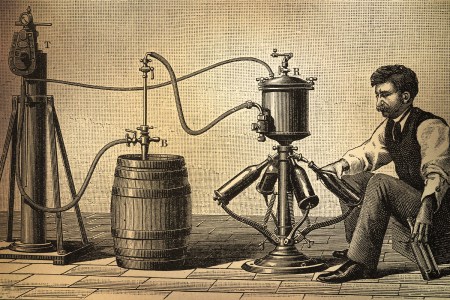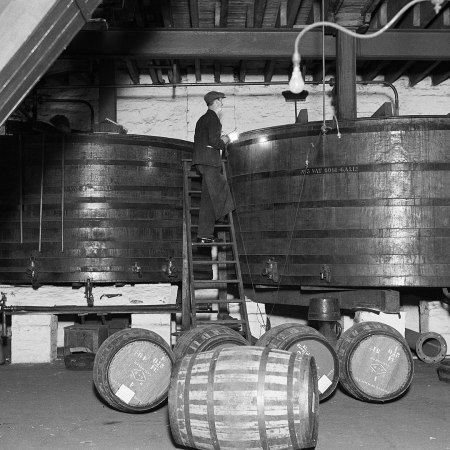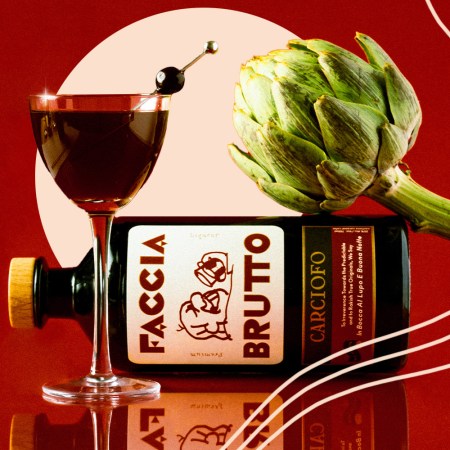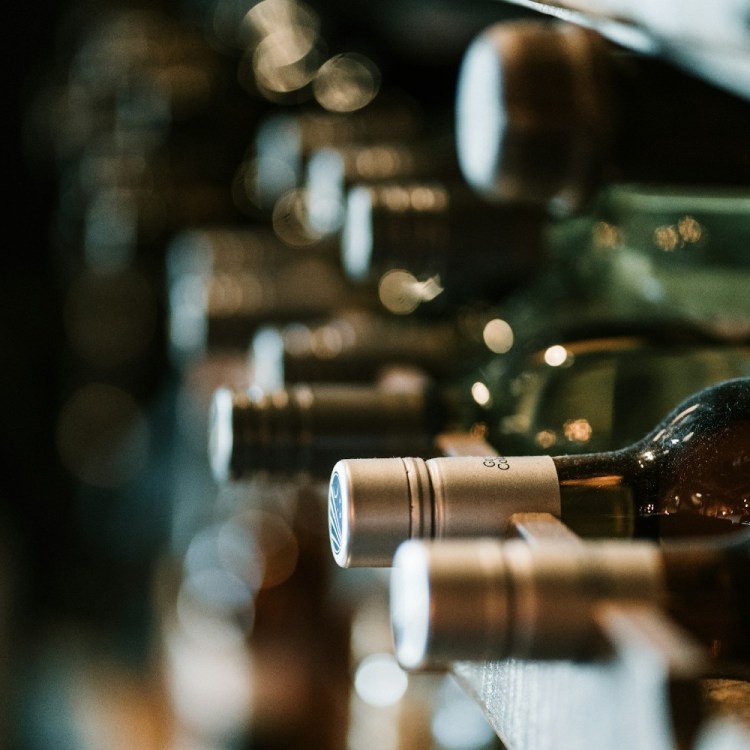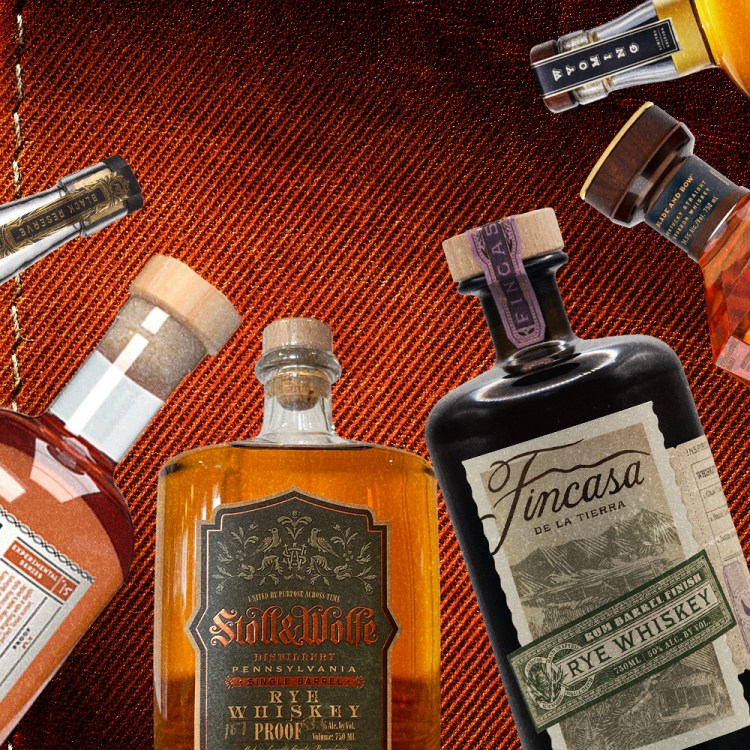Last year a federal judge ruled a 156-year-old ban on home distilling was unconstitutional. Even if the Department of Justice loses its current appeal of that ruling, that still leaves many state laws for home moonshiners to contend with. So far, only West Virginia has passed a law allowing a minimal amount of home distilling, but that could soon change. Texas State Representative Giovanni Capriglione, working with the Hobby Distillers Association, recently introduced House Bill 2278, which seeks to allow a person to craft 200 gallons of wine, malt beverages or liquor per year for personal or family use.
If that sounds reasonable, the second stipulation is much more contentious. The bill, if passed, would not require home distillers to possess a permit or license. “This is a tremendous step toward legalizing home hobby distilling and giving it equal acceptance alongside home hobby beer and winemaking,” says Rick Morris, founder of the Hobby Distillers Association. While the bill does clear up some weird prohibitions on mead making and fortification, let’s examine that no permit part.
To start, we’re tentatively supporters of home distilling (we’ve published two guides on it). It’s legal in some other parts of the world. And given the bill’s modest output allowance, it seems like it’s aimed primarily at hobbyists and shouldn’t disrupt any larger-scale commercial distillery.
My concern? The lack of licensing. Distilling alcohol is dangerous if not done properly — look at any home distilling forum online. You have to worry about electrocution, fire, methanol poisoning and explosions, among other concerns. Many of those concerns go beyond personal safety and could endanger other people, particularly in multi-dwelling buildings.
A Crash Course in the Semi-Legal World of Home Distilling
The new book “How to Distill” is everything you want to know about making your own hooch — if it wasn’t extraordinarily difficult to do so legallyLook at what you have to do to become an Alcohol and Tobacco Tax and Trade Bureau-approved distillery: The requirements (per Fintech) include “paying a special tax, filing an extensive application, filing a bond, providing adequate equipment to measure spirits, providing suitable tanks and pipelines, providing a separate building (other than a dwelling), and maintaining detailed records, and filing reports.”
All I’m saying is that there should be some safeguards built into home distilling, which is actually legal if you’re using it for non-boozy reasons (like essential oils or even camping fuel). And the risks of home distilling may be overblown. In New Zealand, where the practice is legal, accidents related to home booze distillation haven’t been significant. Not to mention, our country certainly has a historical precedent for home distilling, before and during Prohibition.
A compromise might be requiring some sort of (cheap) permit and additional but modest requirements regarding the space needed to distill and ventilation. Maybe updated building codes could cover that. As an apartment dweller in New York who’s not legally allowed to have a gas grill, I’m hesitant to allow people in my building to distill their own vodka. I’d prefer other states take a cautious approach to a practice that should certainly be legalized, safely.
Every Thursday, our resident experts see to it that you’re up to date on the latest from the world of drinks. Trend reports, bottle reviews, cocktail recipes and more. Sign up for THE SPILL now.


